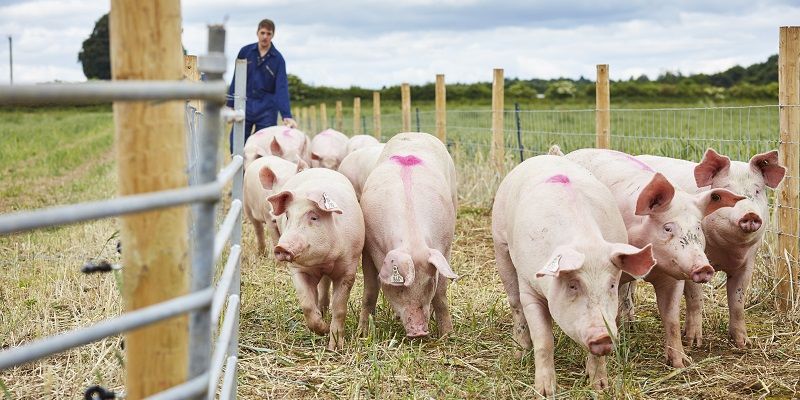Global Food and Environment Institute
Global Food and Environment Institute
The Global Food and Environment Institute (GFEI) is an interdisciplinary research community uniting academia, industry, and public policy.
We envisage a radically different global food system aligned with nature, ensuring universal access to safe and nutritious food. Our mission is to cultivate lasting solutions fostering transformative change. Together, we can create a food system that is socially-just, climate-smart and goes beyond sustainability.
We work in partnership with expertise from across the University to offer the Sustainable Food Systems MSc for those interested in exploring research that underpins food sustainability from a multidisciplinary perspective.
Influencing policy and inquiries
We're working with policy professionals and government to help create an equitable, environmentally sustainable global food system.

Research spotlights
-
Sustainable food
Explore projects led by researchers in the Faculty of Environment, from farming to influencing consumer behaviour and reducing waste.
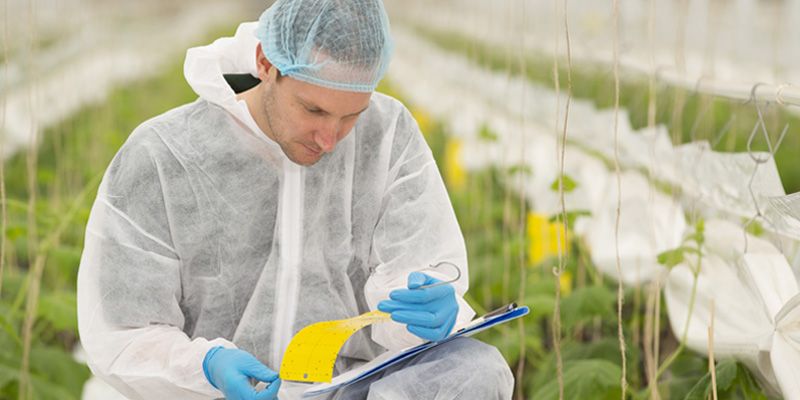
-
Smart farm
Learn how we're working with partners across Europe to co-develop research programmes that address modern agricultural challenges.
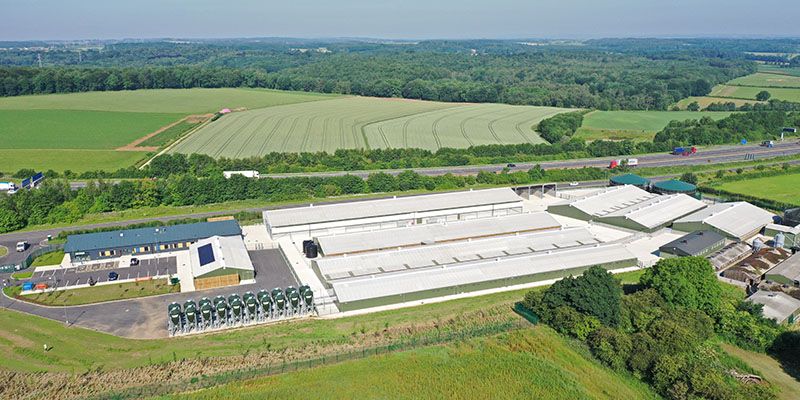
Explore the University of Leeds Research Farm
Discover our smart farm's technologies and find out how we can support business, education and professional development.
Extending the reach and impact of our research
Our researchers are engaging with policymakers and global research networks to share their work and help bring about positive change.
-
Should we let supermarkets know who we are in return for better deals?
Two million households could be missing out on discounts due to privacy concerns.

-
Pausing the Sustainable Farming Incentive: What happens to farmers and sustainable food production in the UK?
The new Labour government has introduced several controversial changes to agricultural policy.
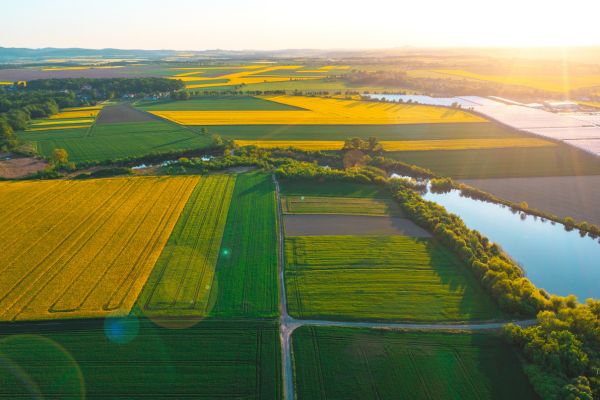
-
How Leeds champions the future of farming at the National Pig Centre
A new video featuring the National Pig Centre is showcasing how the University of Leeds is at the forefront of sustainable agriculture innovation.
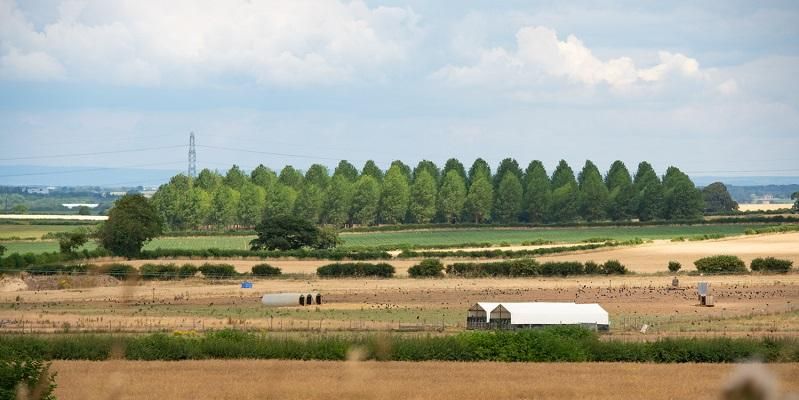
-
Transforming the food system through collaboration
Read our thoughts on the power of effective collaboration between industry and universities.
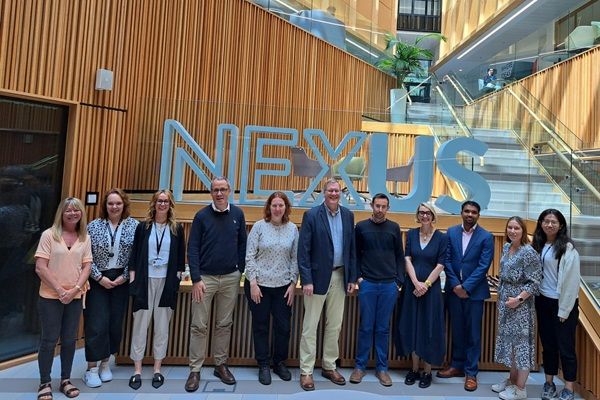
-
Inside insect farming
Our researchers share an insight into the exciting work they are involved in within UK insect farming.
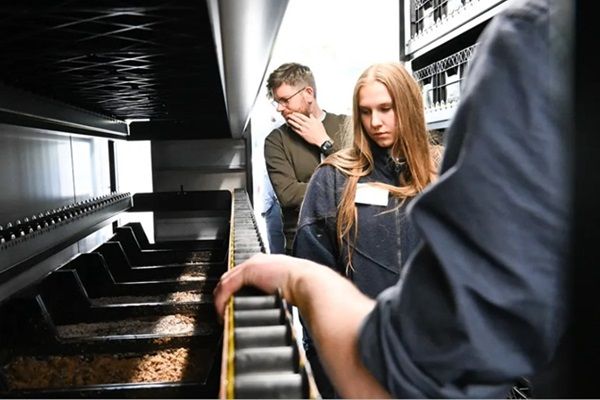
-
Tackling global food challenges through alternative proteins
Our researchers are teaming up with commercial partners to explore the possibility of solving global food supply challenges through alternative proteins




